Unprecedented escalation of tensions in the Middle East
The 900-km border separating Pakistan's Balochistan province and Iran's Sistan-Baluchestan has become a flashpoint in relations between the two neighboring countries, as airstrikes between the two countries this week killed at least 11 people, marking a significant escalation in Iran-Pakistan relations.
In fact, over the past two decades, the Iran-Pakistan border has rarely been peaceful as both Tehran and Islamabad have claimed to be targeting militants hiding in the other country's territory.
The latest attacks come as the Middle East is at its highest level in years, with fighting in the Red Sea as the US and its allies attack the Houthis, fighting still raging between Israel and Hamas in Gaza and numerous other small skirmishes involving dozens of militants.
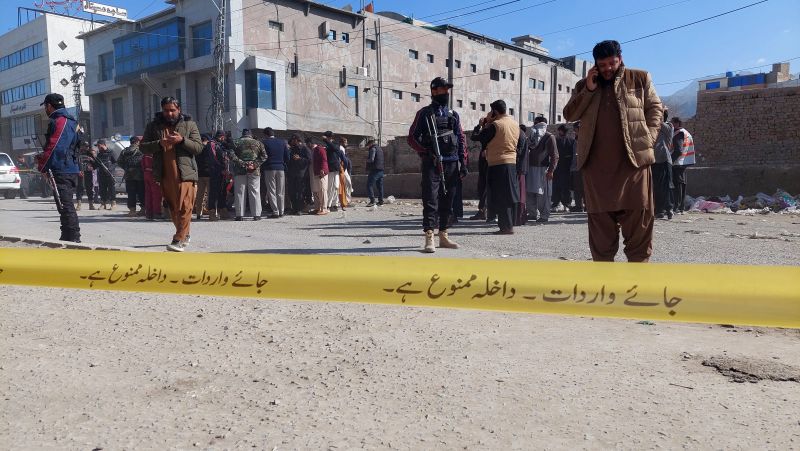
Pakistani security forces inspect the site of an explosion in Quetta, the capital of Balochistan province, on January 17, 2024. Photo: EPA-EFE
According to Pakistani authorities, Iran fired the first shot, launching an airstrike on January 16 in Balochistan province, killing two children and injuring many others. Iran's Tasnim news agency said the country targeted strongholds of the Sunni militant group Jaish al-Adl (Justice Corps). Iran said it "only targets terrorists on Pakistani soil" and that no Pakistani citizens were targeted.
Jaish al-Adl is a Sunni Islamist militant group that seeks the secession of Sistan-Baluchestan province and is behind many terrorist attacks in Iran. This group attacked a police station in Sistan-Baluchestan in December 2023, killing 11 police officers.
Why did Pakistan respond?
The Iranian attack has sparked anger in Pakistan, with Islamabad calling Tehran's attack a "grave violation of international law and the spirit of bilateral relations between Pakistan and Iran".
Two days later (January 18), the Pakistani military launched a campaign of "a series of highly coordinated, targeted and precise military strikes" targeting a number of hideouts of Pakistani separatists in Iran's Sistan-Baluchestan province.
Announcing the attack on January 18, Pakistan’s Foreign Ministry said several militants had been killed. At least 10 people – all Pakistani nationals – were killed, Tasnim reported, citing the deputy governor of Sistan-Baluchestan, who said authorities were investigating how the people “settled in the village.”
Pakistan says it has complained for years that separatists have “sanctuaries and safe havens” in Iran, forcing it to take matters into its own hands with strikes.
Fighting between Pakistan and Iran against separatists operating on either side of the border is not new. In fact, deadly clashes along the two countries’ turbulent border have been a regular occurrence for years. Just last month, Iran accused Jaish al-Adl militants of storming a police station in Sistan-Baluchestan, resulting in the deaths of 11 Iranian police officers, according to Tasnim.
However, it is highly unusual that each side is willing to attack cross-border targets without informing the other in advance.
What is a border conflict?
The Baloch (also known as Baluch) people live in the border region between Pakistan, Afghanistan and Iran. They have long expressed their desire for independence and expressed opposition to both the Pakistani and Iranian governments. For decades, they have carried out insurgencies that have flared up across the porous border region.
The area they live in is also rich in natural resources, but Baloch separatists complain that their people, the poorest in the region, benefit little from them.
Pakistan’s Balochistan province has seen a series of deadly attacks in recent years, fueled by a decades-long separatist insurgency. Iran has also faced a long history of insurgencies from its Kurdish, Arab and Baloch minorities.
Jaish al-Adl is just one of many separatist groups operating in Iran. According to the US government's National Counterterrorism Center, the group was originally part of a larger Sunni militant group called Jundallah. The group disbanded after its leader was executed by Iran in 2010. Jaish al-Adl later emerged and was designated a foreign terrorist organization by the US State Department .
According to the US National Counterterrorism Center, the group often targets Iranian security personnel, government officials and Shia civilians.
In 2015, Jaish al-Adl claimed responsibility for an attack that killed eight Iranian border guards, in which militants reportedly crossed into Iran from Pakistan. In 2019, the group also claimed responsibility for a suicide bombing of a bus carrying members of the Iranian military that killed at least 23 people in Sistan-Baluchestan.
On Wednesday (January 18), a day after Iran's attack on Pakistan, the Jaish al-Adl group claimed responsibility for the attack on an Iranian military vehicle in Sistan-Baluchestan.
How have countries reacted and what will happen next?
Iran's attacks on January 16 sparked a diplomatic row. Pakistan recalled its ambassador to Iran and suspended all high-level visits from its neighbor. Iran on January 18 demanded an "immediate explanation" for the retaliatory attack.
Neighboring countries have also spoken out. Türkiye's foreign minister held phone calls with his counterparts in both Iran and Pakistan. He later said neither country wanted to escalate tensions further.
India said it had “zero tolerance for terrorism” and the attack was “a matter between Iran and Pakistan”. China urged restraint from both countries and the European Union said it was “deeply concerned by the spiral of violence in the Middle East and beyond”.
US State Department spokesman Matt Miller also called for restraint on January 18, but added that he did not think the outbreak was “in any way, shape or form related to Gaza”.
Iran and Pakistan do not want to fall into hostilities against separatist groups that both countries consider enemies, observers say. Both sides issued statements after the attacks indicating that they wish to see things not escalate.
Pakistan’s foreign ministry called Iran a “brotherly country” and stressed the need to “find common solutions.” Iran’s foreign minister, who called Pakistan a “friendly country,” said its strikes were proportionate and targeted only at militant groups.
Hoai Phuong (according to CNN, AP)
Source


![[Photo] Opening of the World Cultural Festival in Hanoi](https://vphoto.vietnam.vn/thumb/1200x675/vietnam/resource/IMAGE/2025/10/10/1760113426728_ndo_br_lehoi-khaimac-jpg.webp)
![[Photo] Ho Chi Minh City is brilliant with flags and flowers on the eve of the 1st Party Congress, term 2025-2030](https://vphoto.vietnam.vn/thumb/1200x675/vietnam/resource/IMAGE/2025/10/10/1760102923219_ndo_br_thiet-ke-chua-co-ten-43-png.webp)


![[Photo] General Secretary attends the parade to celebrate the 80th anniversary of the founding of the Korean Workers' Party](https://vphoto.vietnam.vn/thumb/1200x675/vietnam/resource/IMAGE/2025/10/11/1760150039564_vna-potal-tong-bi-thu-du-le-duyet-binh-ky-niem-80-nam-thanh-lap-dang-lao-dong-trieu-tien-8331994-jpg.webp)

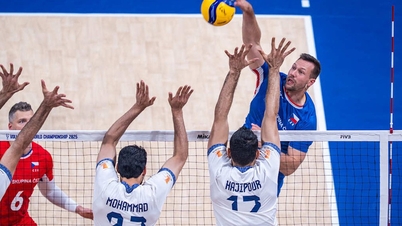





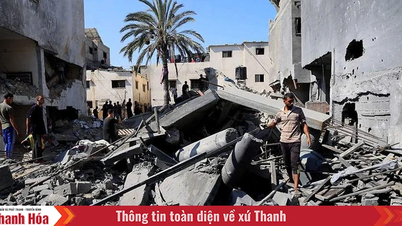



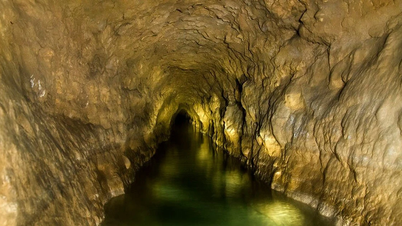
















































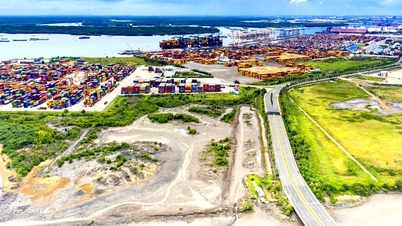
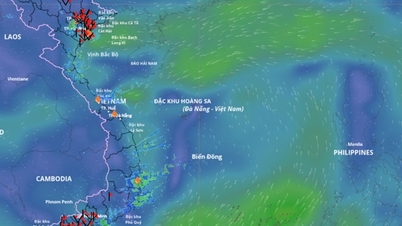


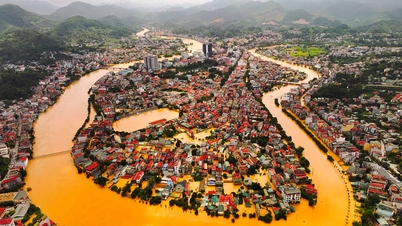
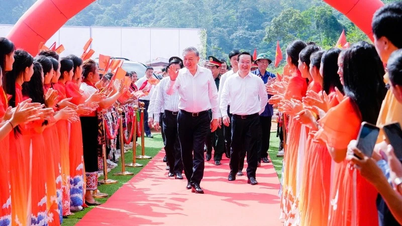





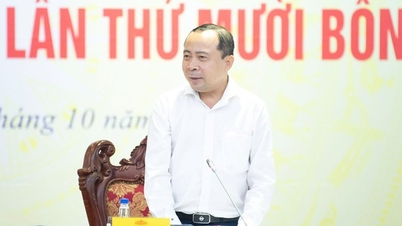











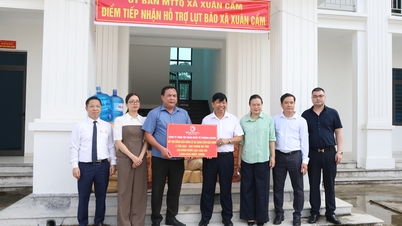

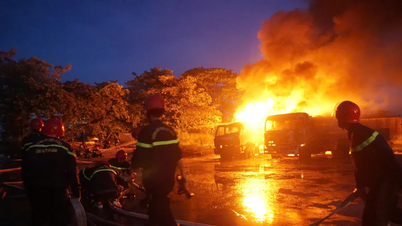













Comment (0)